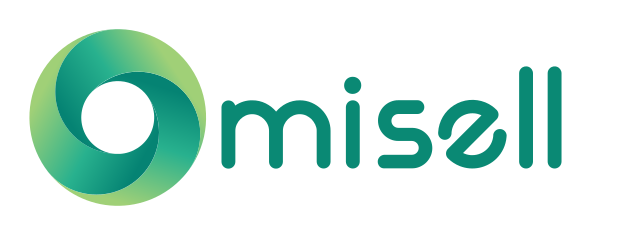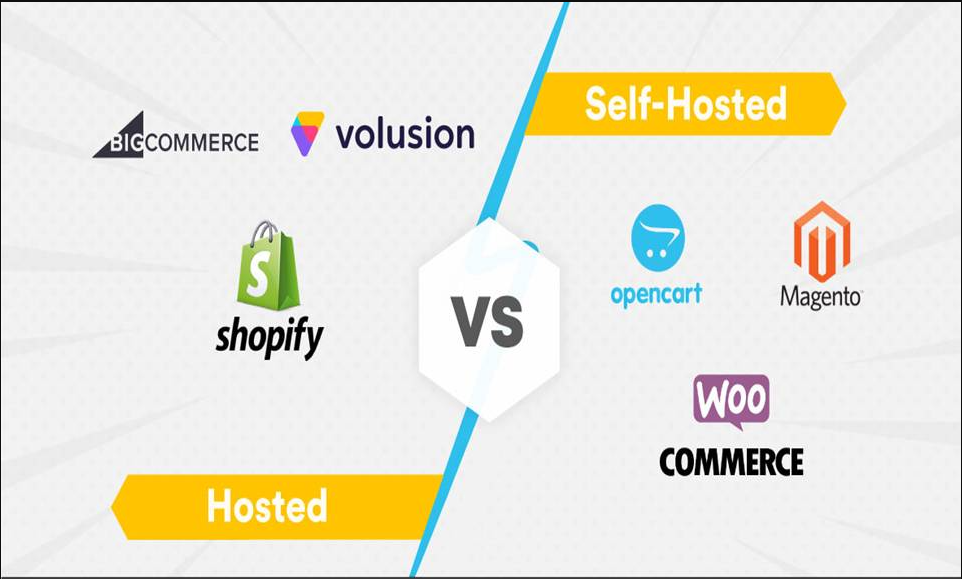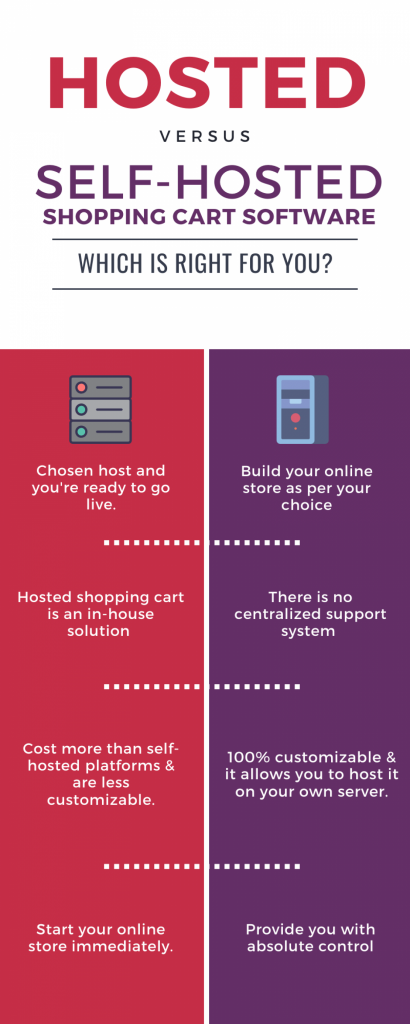It’s exciting to start an eCommerce business, you get to name your company, design your logo, branding, and build your website. Although it’s easy to focus on your immediate requirements, it’s also crucial tot understand your long-term goals and the additional resources you’ll require.
The first step in evaluating an eCommerce platform is to consider your business. There are several different hosted/self-hosted eCommerce sites to choose from, so it’s a matter of weighing everything from the current infrastructure and processes to your plans. As a result, you’ll want to ask yourself the following questions to figure out which eCommerce platform is right for you.
What are you selling?
What are your plans for your business?
While some eCommerce sites provide hosting, others enable you to use self-hosting or open-source hosting.
1. Self-Hosted
Self-hosted websites are developed by you rather than using a hosted server to host your eCommerce website. This means you’re in charge of the whole project, including the design, hosting, and data storage. Self-hosted eCommerce platforms enable businesses to set up their own server, which is typically hosted in the cloud. The most expensive part of self-hosting is setting up the server.
If you don’t know what you’re doing, self-hosting can be a daunting challenge. As a result, you’ll need professional guidance to ensure that you’re doing it correctly.
Example of self-hosted platform:
2. Hosted
The host platform stores your data for you, relieving you of the burden. The cost of using a hosted eCommerce platform is normally set based on the scale of your company and store as a whole. Some platforms will try to take a small percentage of your revenue generated through the shop in exchange for their services.
Example of hosted platform:
Advantages and Disadvantages of self-hosted eCommerce platform
Advantages:
You will have more control – Since you’re creating your own server and platform, you have a lot more control and versatility over what appears in your shop. Furthermore, you are not constrained in terms of customization and can add whatever you like on your website.
Extra features – If you want to implement a feature on your website, you can simply download the plug-ins and extensions then apply them to your websites
Disadvantages:
They are difficult to set up – Self-hosted platforms require you to go through several phases, while hosted platforms allow you to get started quickly and easily. These tasks include finding a hosting service, selecting an eCommerce platform, and going through the installation process.
No support – Should anything go wrong during the process, you would not have any support comparing to a hosted-platform
Advantages and Disadvantages of hosted eCommerce platform
Advantages:
Manage with ease – Hosted eCommerce sites are well-known for being simple to handle. Their tried-and-true web templates are extremely user-friendly, even for the most inexperienced seller.
Access to full support – Should you face any problems, you have a support team ready to solve your problems
Disadvantages:
Limited customization – Since the system is already in place, customization options are limited. As a result, you’re constrained on how much of your personalization you can inject into things.
Changing platforms can be expensive – Switching from one host to another could be costly. While there are many options on the market, it can be costly and detrimental to your company’s bottom line if you’re forced to switch platforms.
Final words
Hosted eCommerce sites are well suited to companies who want to get up and running quickly and have a smooth transition to their new platform. They’re also ideal for companies who want to handle their inventory as precisely as possible with the least amount of effort.
Self-hosted eCommerce is typically better suited to more technically minded business owners and entrepreneurs. Self-hosted eCommerce sites are a great option if you enjoy digging into the nitty-gritty and have a strong technical background. It offers great flexibility on how you can customize your websites.
>>> Read more: 4 Ways Your Brand Can Be Environmentally Friendly
>>> Read more: 5 Ways Customer Complaints Are Beneficial For Your Business
>>> Read more: 5 Tips To Help You Grow Your Omnichannel Business


